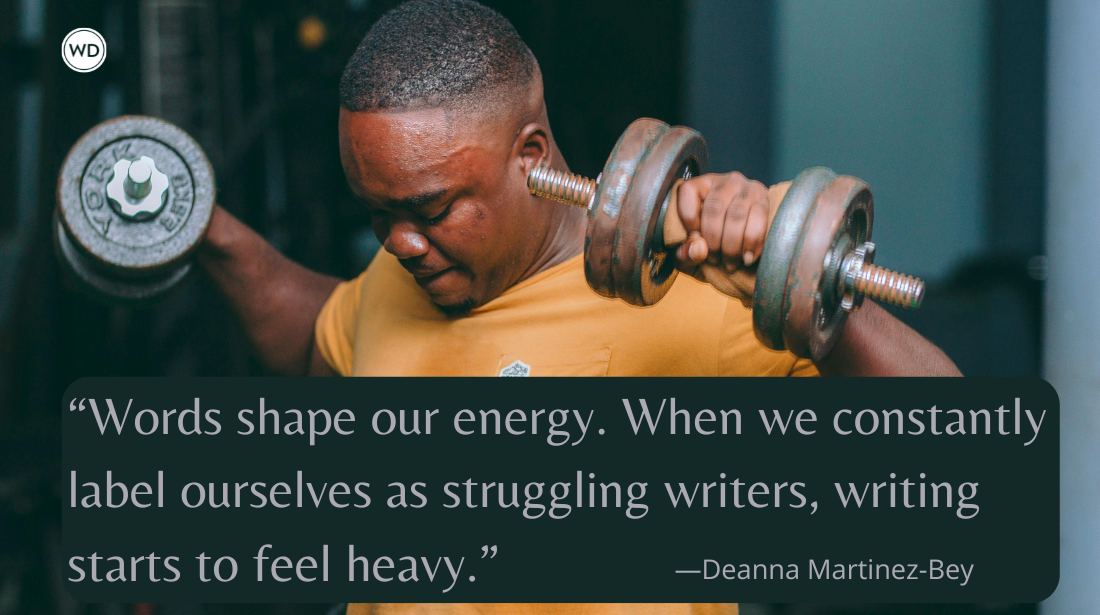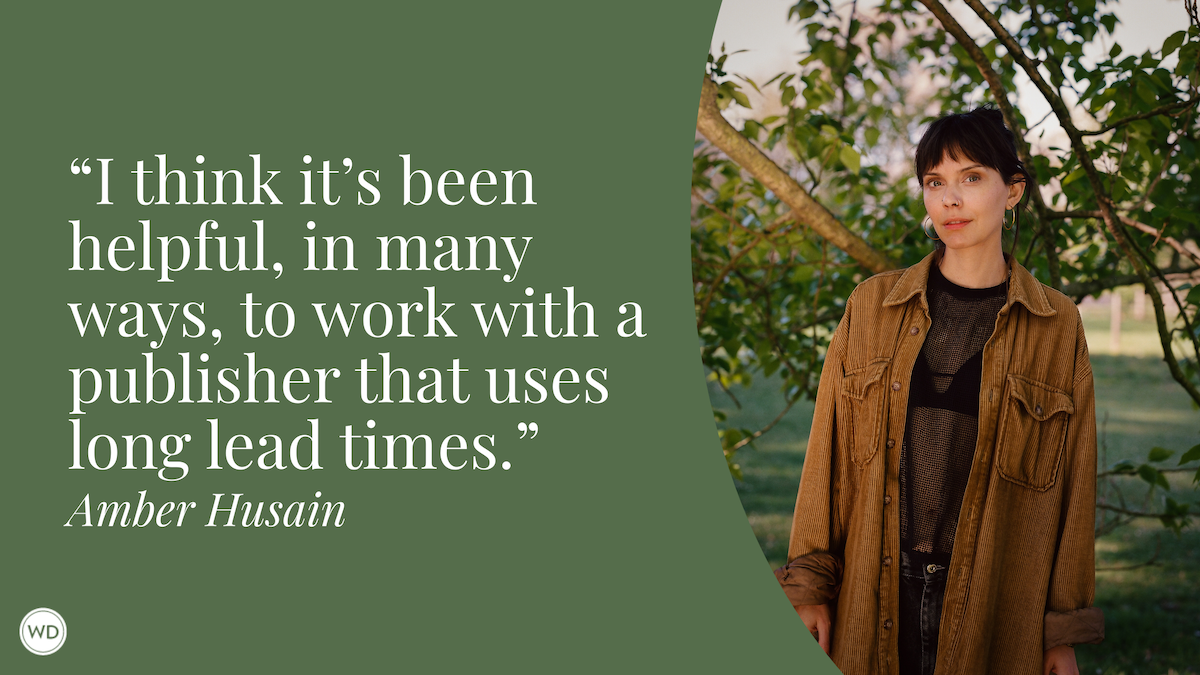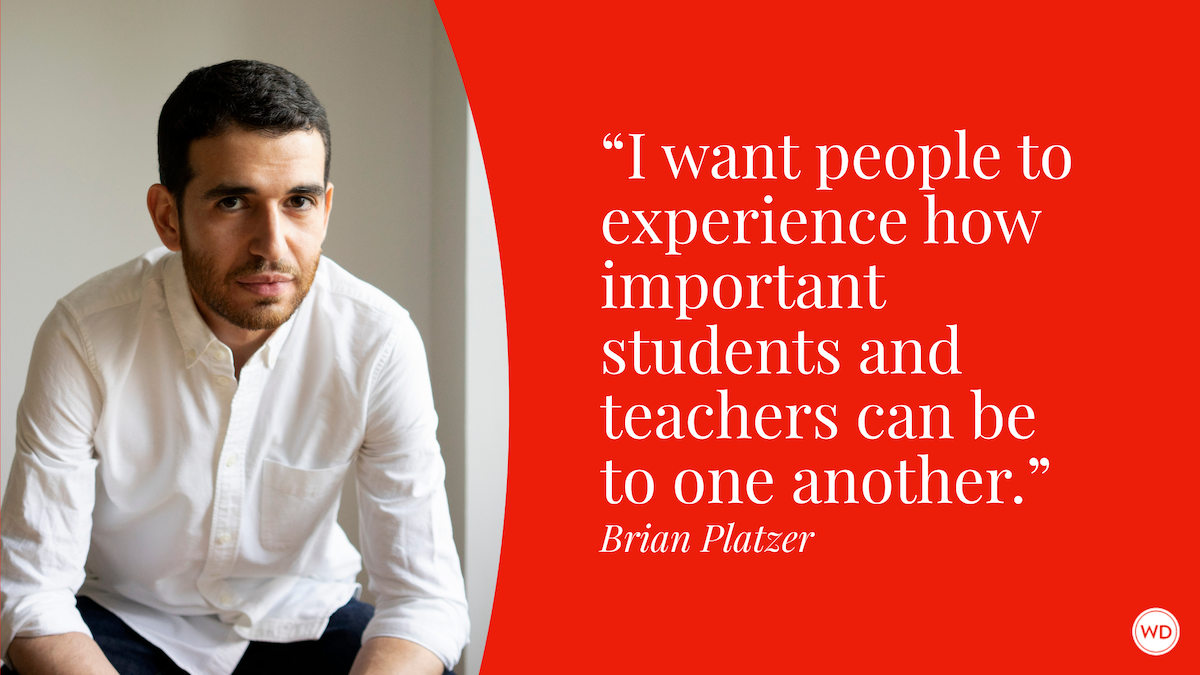Megan C. Reynolds: Keep Your Eyes on Your Own Paper
In this interview, Megan C. Reynolds discusses writing about language and how we use it in her new book, Like.
Megan C. Reynolds is an editor at Dwell magazine, and previously worked at the now defunct Jezebel and The Billfold. She’s written for Buzzfeed, the New York Times, Elle, Gawker, Bustle, Vulture, and other outlets. Megan was also the co-host of the short-lived, celebrity-gossip focused podcast, "Dirtcast." She lives in New York City. Follow her on Facebook and Instagram.
In this interview, Megan discusses writing about language and how we use it in her new book, Like: A History of the World’s Most Hated (and Misunderstood) Word, her hope for readers, and more.
Name: Megan C. Reynolds
Literary agent: David Patterson/Stuart Krichevsky
Book title: Like: A History of the World’s Most Hated (and Misunderstood) Word
Publisher: HarperOne
Release date: July 1, 2025
Genre/category: Linguistics/Social History
Elevator pitch: Like is a book about words and why we use them the way that we do, but more importantly, it’s a book about connection and communication.
What prompted you to write this book?
I’ve always been perhaps overly concerned with meaning—specifically when it relates to what I’m saying, how I’m saying it, and whether or not my intention lands in the way I want it to. So, when I was approached about writing this book, it felt like a natural fit—an easy way for me to explore the vast variety of topics that suit my interests.
I have noticed across the course of my life that “like” is indeed a word I say frequently, whether it’s “appropriate” or not. And a lot of people I know (women, specifically) have been told over the course of their lives that taking that word out of their vocabulary will serve them better in the future. This sentiment, one that I was blessedly spared in my childhood and adolescence, is narrow-minded and, as I learned, false! Rarely do I ever say outright that “empowerment” is a goal for anything I do, but I do strongly believe that we should all strive to communicate in a way that is effective, regardless of what that looks like—and if I can help someone to feel better about the way they speak and give them even an ounce of permission to do so in an authentic way, then that’s good by me.
How long did it take to go from idea to publication? And did the idea change during the process?
The turnaround time for this book was quite swift! My agent David Patterson and I discussed the idea, which came from my editor, Rakesh Satyal, in May 2023. I wrote a proposal in a week or so, then eventually signed the contract sometime that fall, and the first draft was done and dusted by October 2024.
Initially, the proposal included some treatises on the more commonly accepted uses of the word, specifically as it relates to aesthetics, but the work was stronger when the focus was on the “improper” usage. The only way the idea really changed is that the scope of what I could cover became expansive. As I started writing, though, I found that the subject matter lent itself to almost any situation or thing I could think of, from pop culture to history, and part of the work there was to rein myself in a little and to try and unlearn my deeply-ingrained habit of clearing my throat on the page before getting to what I really want to say.
Were there any surprises or learning moments in the publishing process for this title?
I had nothing else to compare to this process, so it’s safe to say that almost all of it was a surprise or a moment for learning! To try and mitigate some of these surprises, though, I leaned heavily on friends who have written books, and spent a lot of time in frantic text messages and over drinks discussing the process. The thing that surprised me the most was the money—not that I was getting it, but when it came. I naively assumed that once the ink was dry on the contract, my bank account would be suddenly flush with cash, but like most good things, it took some time.
Were there any surprises in the writing process for this book?
The biggest surprise of all is the fact that I was able to actually do it. Prior to writing this book, the longest thing I’d ever written was maybe 5,000 words. That I had to somehow hand in close to 12 times that amount was daunting. But breaking it down in my mind as many little things rather than one very large thing was immensely helpful. I was also surprised to learn that I have a little more confidence in my own work than I ever have at any other point in my career. If truly left to my own devices, I could fiddle over a sentence roughly 20 times before deciding it was “right.” Certainly, there were moments during this process where I did just that, but after a while, I realized that my first instincts were generally correct. Once I cracked that code, most of the little bits of self-doubt that plagued me for much of my career disappeared. I’m not saying that I’m perfect and think that everything I write is amazing, but when you lean into that delusion enough, something clicks. You eventually get out of your own way.
I also learned a lot about myself and the way I work—that I’m capable of more than I think I am (duh) and, also, if I pitch a little hissy fit about getting started in front of my computer before actually starting to write, that’s fine, because it is part of my process.
What do you hope readers will get out of your book?
I hope people learn something useful either about themselves or about how they carry themselves in the world. It’d be great if everyone also was able to direct their energy away from nitpicking what’s “proper” and “right”, especially if it’s in service of being correct and nothing else! I hope people laugh when and if it is appropriate, and also, I hope that this book helps people feel seen, just as they are.
If you could share one piece of advice with other writers, what would it be?
Writing is immensely difficult at times and freeing at others, but I have found that it’s more often the latter than anything else. Accepting that as part and parcel of the experience and not beating yourself up for it is crucial. It’s taken me a long time to be able to say this, but the best and easiest way to write anything at all is to keep your eyes on your own paper. There’s always going to be someone over there writing a story that you wish you did or saying something in a way that you feel like you could never, but literally none of that matters. What matters is the work that you’re doing and how you’re doing it, because you are you.








